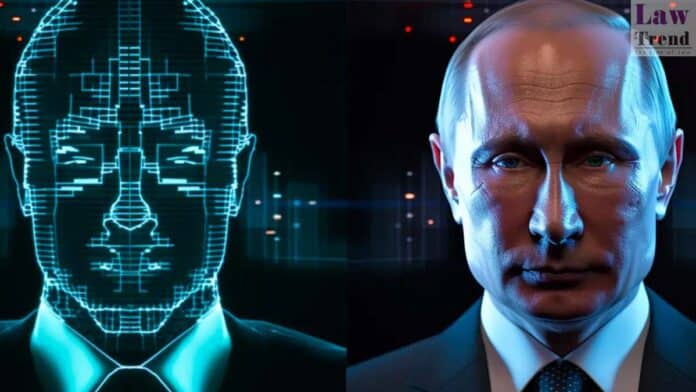In a significant move, the Delhi High Court has asked the Central government to provide a detailed report on its actions against the escalating threat posed by deepfake technology. During a session on Thursday, Chief Justice Manmohan and Justice Tushar Rao Gedela highlighted the urgency of addressing this burgeoning issue, reflecting deep judicial concern over the potential misuse of artificial intelligence.
The court is actively hearing two petitions that express worries about the unregulated spread of deepfakes—technologies that manipulate audio and video to create convincingly false narratives. These technologies can distort the appearance and actions of individuals, leading to misinformation and, potentially, to significant harm in personal and public domains.
The bench pressed for insights into existing and planned measures to mitigate the dangers of deepfakes, including whether a high-powered committee would be established to devise long-term solutions. “What are you doing? Everyday deepfakes are on the increase… I am glad that industry people have started taking some initiatives and are spreading awareness about it among consumers,” the justices remarked during the proceedings.*
In response, the additional solicitor general, representing the Centre, indicated that the Ministry of Electronics and Information Technology (MeitY) is currently examining the issue. Meanwhile, one of the petitioners’ counsel argued that India lags behind other countries that have already legislated against the harmful impacts of deepfakes, many of which disproportionately target women.
The court also expressed its concerns over the rise of hoax bomb threats facilitated by such technologies, questioning the composition and efficacy of any expert groups the government may have convened.
As it stands, the Centre has been granted a three-week period to compile and submit the status report, with the next hearing scheduled for November 21. The Delhi High Court underscored that while AI technology itself cannot be banned due to its significant benefits, the “negative part of the technology” needs to be curtailed.
Previously, MeitY had communicated its limitations in proactively monitoring online content but maintained that any necessary blocking of harmful content would follow established legal protocols.
The pleas, including one by journalist Rajat Sharma and another by advocate Chaitanya Rohilla, call for stringent measures to block access to applications and platforms that facilitate the creation of deepfakes. They advocate for immediate action by social media intermediaries to remove such content upon complaint, emphasizing the need for robust regulation to preserve the integrity of public discourse and the democratic process.




